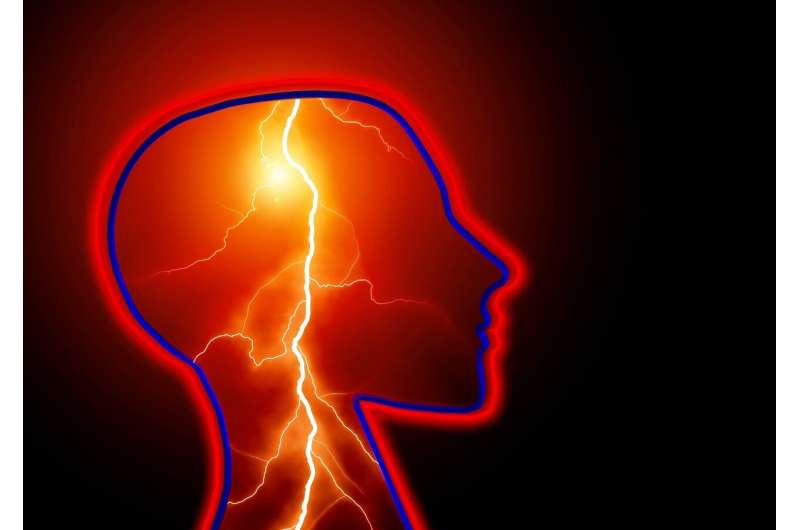Researchers find AI can predict new atrial fibrillation, stroke risk

A team of scientists from Geisinger and Tempus have found that artificial intelligence can predict risk of new atrial fibrillation (AF) and AF-related stroke.
Atrial fibrillation is the most common cardiac arrhythmia and is associated with numerous health risks, including stroke and death. The study, published in Circulation, used electrical signals from the heart—measured from a 12-lead electrocardiogram (ECG)—to identify patients who are likely to develop AF, including those at risk for AF-related stroke.
"Each year, over 300 million ECGs are performed in the U.S. to identify cardiac abnormalities within an episode of care. However, these tests cannot generally detect future potential for negative events like atrial fibrillation or stroke," said Joel Dudley, chief scientific officer at Tempus. "This critical work stems from our major investments in cardiology to generate algorithms that make existing cardiology tests, such as ECGs, smarter and capable of predicting future clinical events. Our goal is to enable clinicians to act earlier in the course of disease."
To develop their model, the team of data scientists and medical researchers used 1.6 million ECGs from 430,000 patients over 35 years of patient care at Geisinger. These data were used to train a deep neural network—a specialized class of artificial intelligence—to predict, among patients without a previous history of AF, who would develop AF within 12 months. The neural network performance exceeded that of current clinical models for predicting AF risk. Furthermore, 62% of patients without known AF who experienced an AF-related stroke within three years were identified as high risk by the model before the stroke occurred.
"Not only can we now predict who is at risk of developing atrial fibrillation, but this work shows that the high risk prediction precedes many AF-related strokes," said Brandon Fornwalt, M.D., Ph.D., co-senior author and chair of Geisinger's Department of Translational Data Science and Informatics. "With that kind of information, we can change the way these patients are screened and treated, potentially preventing such severe outcomes. This is huge for patients."
More information: Sushravya Raghunath et al, Deep Neural Networks Can Predict New-Onset Atrial Fibrillation From the 12-Lead Electrocardiogram and Help Identify Those at Risk of AF-Related Stroke, Circulation (2021). DOI: 10.1161/CIRCULATIONAHA.120.047829




















